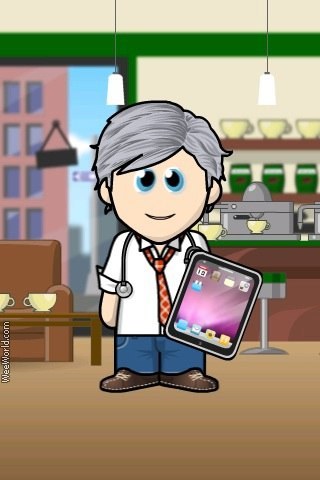http://www.newscientist.com/blogs/nstv/2011/01/malaria-caught-breaking-and-en…
Each year there are 250 million cases of Malaria in tropical and subtropical parts of the world. Between 1 and 2 million of these cases are fatal. It is in the Top 10 causes of death in low income countries.
http://www.who.int/mediacentre/factsheets/fs310.pdf
Malaria is caused by the parasite Plasmodium, which is carried by the female Anopheles mosquito. This mosquito feeds at night. (Dengue Fever is spread by the Aedes mosquito which feeds in the daytime.
Each year, there are 30000 cases of malaria in people who are travelling to malaria-endemic areas. 5% of these cases are fatal.
http://www.australianprescriber.com/magazine/25/3/66/9/
The Malaria Atlas Project maps the prevelance of the Anophlese mosquito.
http://www.map.ox.ac.uk/
The parasite is transmitted to the Anopheles mosquito when it feeds from the blood of an infected person, It transfers to the salivary glands of the mosquito, from where it is easily transmitted to a new host when the mosquito has another feed. Within minutes of gaining entry to a new host, the parasite invade cells in the liver, where they multiply for 1 – 4 weeks. When the liver cell eventually bursts, the parasites invade the persons red blood cells. There they continue to multiply, every few days causing their host red blood cell to burst, and enabling the now larger brood to invade other red blood cells. When in the red blood cells they are ready to be taken up by a new feeding mosquito.
The classical symptoms of malaria are getting cold, having shakes (or rigors), and then getting a high fever – with this pattern recurring every two or three days. These symptoms are associated with red blood cell invasion, so start about a week after becoming infected.
Malaria can usually be diagnosed by seeing the parasites in the blood of an infected person under a microscope.
There is (as yet) no vaccine for malaria, and this remains a focus of research. There are effective drugs to prevent malaria, and to treat it once it is diagnosed. Travellers to areas where malaria is endemic should take preventative medication, generally starting two days before entering the area and continuing for four weeks after leaving (the medications are effective after the initial liver stage of the infection)
http://www.australianprescriber.com/magazine/25/3/66/9/
Other preventive measures to reduce the number of mosquitos and to prevent bites (with bed nets and repellants) are effective. Economic adviser Jeffrey Sachs estimates that malaria can be controlled for US$3 billion in aid per year.
Jake Baum at the Walter and Eliza Hall Institute of Medical Research in Melbourne used transmission electron microscopy, immuno-fluorescence and 3D super-resolution microscopy to record this video of the Plasmodium parasite invading a red blood cell. It is the first time this criminal has been caught in the act, and may lead to more progress on managing the disease.
Full report on this video in New Scientist
http://www.newscientist.com/blogs/nstv/2011/01/malaria-caught-breaking-and-en…
 Al Capone – Be careful who you call your friends…
Al Capone – Be careful who you call your friends…




 RSS - Posts
RSS - Posts

